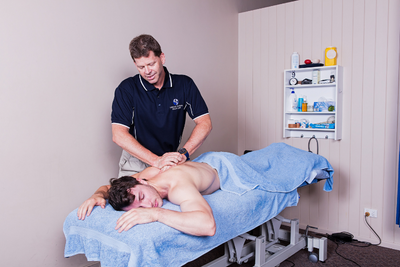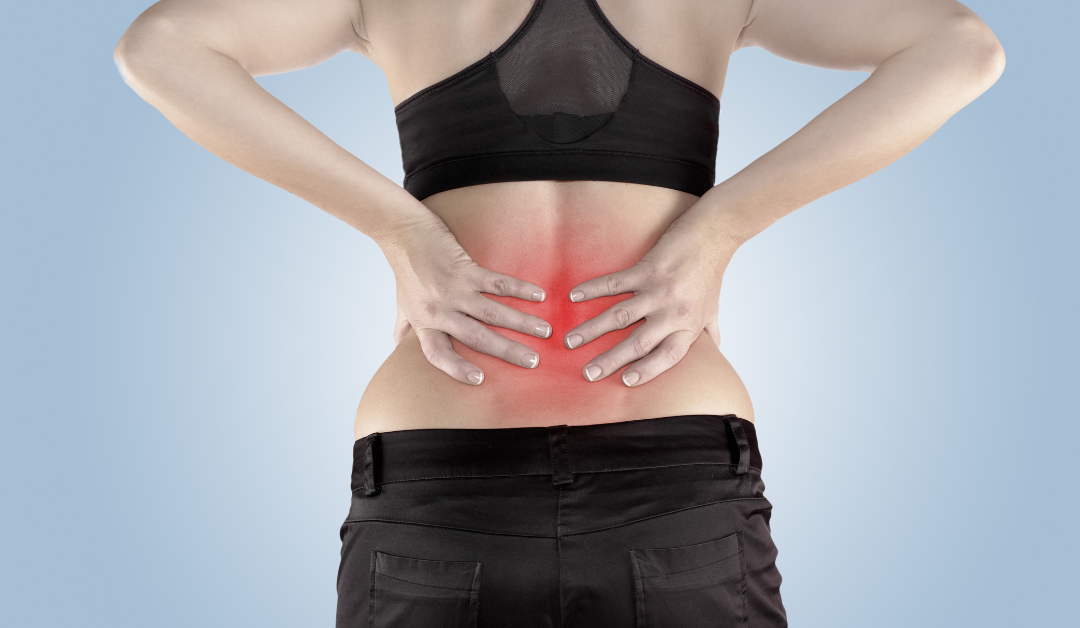Back pain can be debilitating.
Did you know…
It is estimated that 70-90% of people will be affected by back pain at some stage of their lives.
1 in 6 Australians suffered from back problems in 2017-18 ..that’s about 4 million people!*
It is the single most common complaint made by patients to their doctors, the most common reason people miss work and a leading cause of disability worldwide.
Fortunately, however, there are a range of treatments and preventative measures you can take to ensure you don’t become another statistic. Generally speaking, you can recover quite quickly from back pain and rarely surgery is required.
What are the common symptoms of back pain?
Back pain can present itself in a variety of ways and often bending, twisting, standing or walking will make it worse.
Symptoms can include –
- Muscle Aches
- Shooting pains
- Burning feeling
- Stabbing pains
- Referred pain
- Tingling
- Numbness
Who is most at risk of Back pain?
Anyone can get back pain, however these factors can increase your risk –
- Age – Back pain is more common from around 30-40yrs
- Lack of Exercise – Weak muscles in the back and abdomen
- Excess Weight – This will add extra stress to the back
- Incorrect Lifting – Using the back instead of legs when lifting
- Smoking – It’s been proven that smokers have a higher risk of back pain
- Disease – Various diseases like Arthritis and Cancer can cause back pain
- Psychological – Those suffering with stress, anxiety or depression

What are the most common causes and treatments for Back Pain?
Some of the most common causes of back pain can include –
- Muscle and Ligament strain
- Skeletal irregularity
- Disc Degeneration (Bulging or slipped disc)
- Pinched Nerve
- Arthritis
- Osteoporosis
- Referred pain
- Sciatica
- Pregnancy
- Fibromyalgia
And treatment options can include –
- Rest
- Physical therapy
- Massage
- Acupuncture
- Spinal manipulation
- Medication
- Steroid injections
- Surgery
How can I Prevent Back Pain?
The best way to reduce your risk of back pain, is to improve your physical condition and understand how to use your body correctly.
Our general tips include –
- Exercise – start a regular low-impact aerobic activity that doesn’t jolt or strain the back. These could include walking, bicycling or swimming.
- Build up muscle strength and flexibility – follow an exercise program that builds up abdominal, back and core strength, so these muscles can work together correctly to support your back. (See some videos below)
- Maintain your weight
- Quit smoking
- Avoid movements that twist or strain your back
- Maintain a strong posture when standing and sitting
- Lift correctly
- Avoid too much bed rest -motion aids recovery
What exercises can I do at home to strengthen my back?
Our team has put together some simple exercises to help strengthen your back. These include working on a Pilates reformer machine and without.
- Video 1 – Exercise Series for Low Back Pain – Pelvic Tilting, Cobra Pose, Cat & Cow Pose
- Video 2 – Back Strength on Reformer – Back Extension Shoulder Pulls
- Video 3 – Back Strength on Reformer – Knee Tucks
When should I see a professional for back pain?
Generally if your pain is waking you at night, it has continued for more than a few weeks and is still severe even after rest, it warrants a trip to your chosen healthcare professional. Likewise, if you have referred pain down one or both legs and the pain goes below the knee, it is causing weakness, numbness or tingling in one or both legs, or there is also an unexplained weight loss.
You should seek urgent medical attention should you have a loss of feeling, loss of bladder or bowel function, you also have a fever, or the pain is after a fall, knock to the head or other serious injury.
How can Sandgate Physical Health help?
We have highly trained Physiotherapists, Acupuncturists, Massage Therapists and Pilates Instructors who are very experienced in the treatment and prevention of back pain. Not only will they work to diagnose the underlying cause of your pain, they will assist you with getting pain free as soon as possible and offer advice on ways you can reduce your risk of relapse.
Call us today for further advice or an appointment on 38691099 or book online.
*Statistics from the AIHW


